Healthcare workers have always been more prone to burnout than other professions, and the ongoing pandemic has only exacerbated this. Burnout is exhaustion from long periods of stress, and it affects people both physically and emotionally.
Anyone who provides patient care might notice emotional symptoms like irritability, exhaustion, feeling defeated, and detachment. Physical symptoms can be trouble sleeping, constantly falling ill, and experiencing GI problems.
Burnout happens, but there are ways to prevent it. Learning how to avoid burnout while working in healthcare means incorporating self-care methods into your daily routine.
Table of Contents
Strong Relationships
Developing and maintaining relationships outside of work is crucial because it gives you a place to vent about emotional distress. Strong relationships with co-workers are great, but you need a person outside of work who can give you the emotional support you need. Venting to a friend, spouse, or even a counselor can help nurses cope with anxiety and tension stemming from work.
Boundaries Between Work and Life
Having a work-life balance is important because you need time to decompress from work stress. But that can be difficult, especially if you’re a caregiver who’s caring for a patient or family member around the clock. Taking breaks, even for a few days, can help prevent caregiver burnout.
Sleep Is Essential
We often underestimate the power of sleep, but it’s essential for coping with stress. Failing to get enough sleep can make us more irritable and affect our judgment. Being able to make fast decisions is vital for healthcare workers like paramedics and getting a good night’s sleep is part of the equation.
Staying Healthy
Knowing how to avoid burnout while working in healthcare means developing a healthy foundation. Sleep when you can, eat well, exercise regularly—these methods can all help you stay healthy, both emotionally and physically.
But your mental health needs to be a priority, too. If you think you’re experiencing burnout, you should take time off to recuperate. Being sick with a cough or cold shouldn’t be the only reason you take a sick day. Sometimes, we need a mental health day, too.




